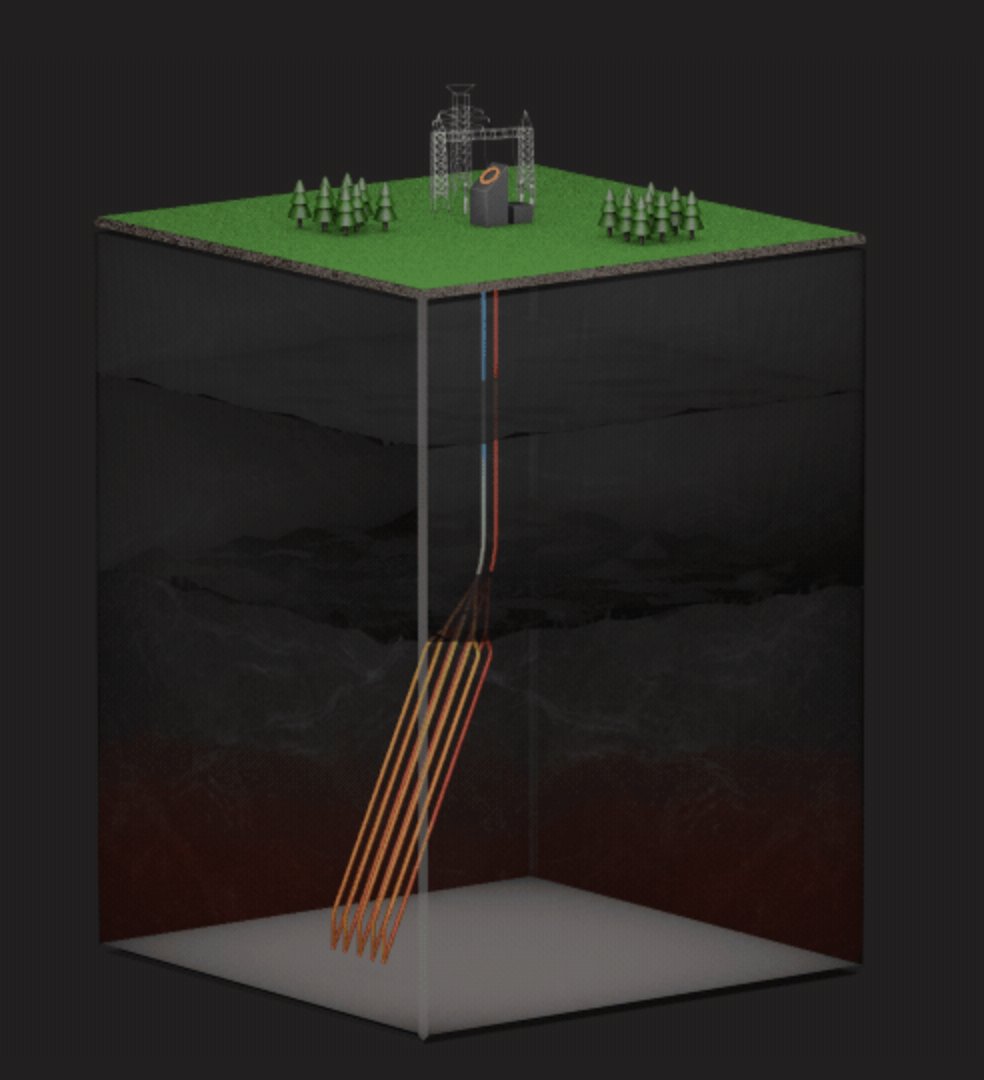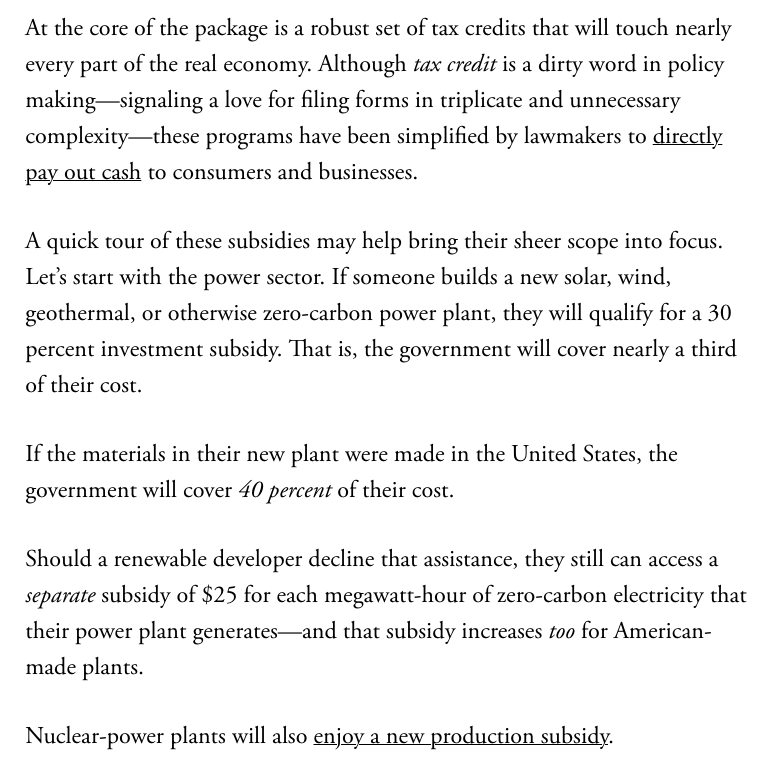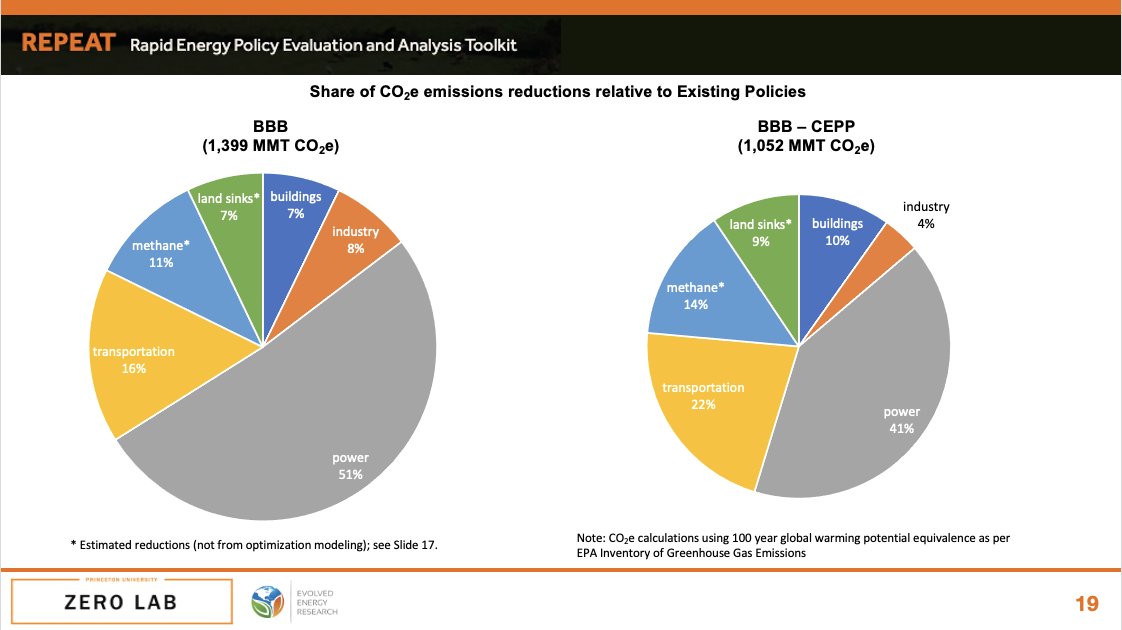
The @AndlingerCenter @Princeton is searching for TWO new assistant professors to join our multidisciplinary faculty and work on the biggest challenges in sustainable energy production & use. #AcademicJobs #EnergyTwitter:
1. puwebp.princeton.edu/AcadHire/apply…
2. puwebp.princeton.edu/AcadHire/apply…
1. puwebp.princeton.edu/AcadHire/apply…
2. puwebp.princeton.edu/AcadHire/apply…

The 1st search (puwebp.princeton.edu/AcadHire/apply…) in the field of sustainable energy and environmental science, engineering and technology is focused on researchers with expertise in decarbonizing industries, such as in chemicals, fuels, materials, and water beyond the power sector.
The 2nd search (puwebp.princeton.edu/AcadHire/apply…) is focused on candidates with expertise in energy economics, energy finance, decision & behavioral sciences, or law related to energy technology & the env. incl. policy and technology adoption related to energy transitionss & GHG reduction
Please spread the word! I would be personally particularly delighted to see candidates for both positions with expertise in #MacroEnergySystems to help build a world-class cluster in energy-systems and energy transitions research @AndlingerCenter (but that's my personal view).
• • •
Missing some Tweet in this thread? You can try to
force a refresh









